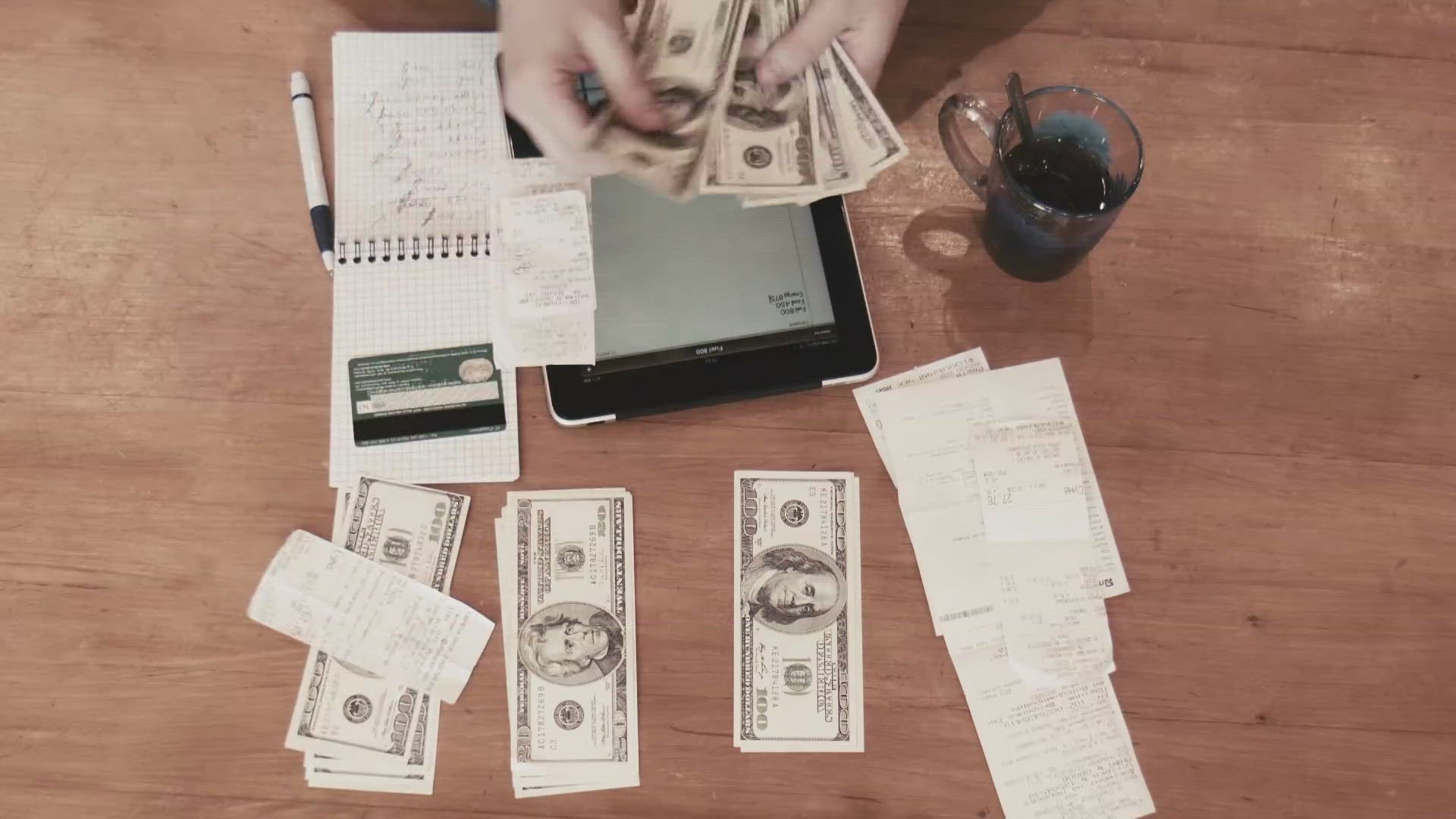SACRAMENTO, Calif. — Banks make a lot of money off account holders and now the federal government is calling them out. As previously reported, junk fees can be one component, and another is overdraft fees.
An expert ABC10 spoke with explains how one bad purchase can send someone into a downward financial spiral that can be hard to get out of.
“Right now, typically the amount of an overdraft fee is $35,” said financial coach Maureen Paley.
The $35 fee can easily snowball into much more. Overdraft fees happen when people don’t have enough money in their account to cover a transaction.
“If I overdraw by $25, I don’t just have to get the $25 back to even… I have to pay $25 to get it to even and then the extra $35,” said Paley. “That can really put somebody even further in the hole than they already are.”
The Consumer Financial Protection Bureau estimates 23 million households pay overdraft fees in any given year, meaning billions of dollars for banks. The feds and state are trying to help those people.
Earlier this year, President Joe Biden proposed cutting the average overdraft fee in half saying, “For too long, some banks have charged exorbitant overdraft fees that often hit the most vulnerable Americans the hardest, all while banks pad their bottom lines. Banks call it a service — I call it exploitation.”
“It has been affecting people in a negative way for a very long time, and for the purposes of penalizing folks that don’t necessarily have the cashflow to pay for these penalties as well,” said Paley.
The Consumer Financial Protection Bureau is proposing new rules that would require the country’s biggest banks to be better at telling their customers about the fees. In October 2023, Governor Gavin Newsom signed a law banning junk fees that goes into effect July 1.
“These types of junk fees are definitely coming under more scrutiny,” said Paley.
The credit the bank gives someone to complete a purchase they can’t afford not only comes with the $35 fee, it can also come with interest.
The feds are calling on more transparency from the banks on the details of that credit.
“Especially after COVID, it was basically seen as an extra tax that people who were having cashflow difficulties actually had to pay — and of course couldn’t afford because they were having cashflow difficulties — and so they saw it as an extra punishment that really wasn’t that necessary,” said Paley.
The California junk fee ban starting July 1 is broad. It’s not specific to just overdraft fees, but it doesn’t necessarily stop companies from charging extra fees — it just requires them to do better in telling consumers about them.
There is already a law in place requiring certain credit unions to report the revenue they get from overdraft fees.
The best way to avoid them is to closely monitor spending. Those options could include automatic payments or subscriptions that might have been forgotten about. People can also check their online bank account daily for a month.
Paley says it could make some people anxious but trying it for a month will help them better understand their cash flow.
The Consumer Financial Protection Bureau wants to hear from you. You can share your overdraft fee story with them until April. Click HERE for their public comment page.
WATCH MORE ON ABC10: What the IRS adjusting 2024 tax brackets for inflation means for you



















